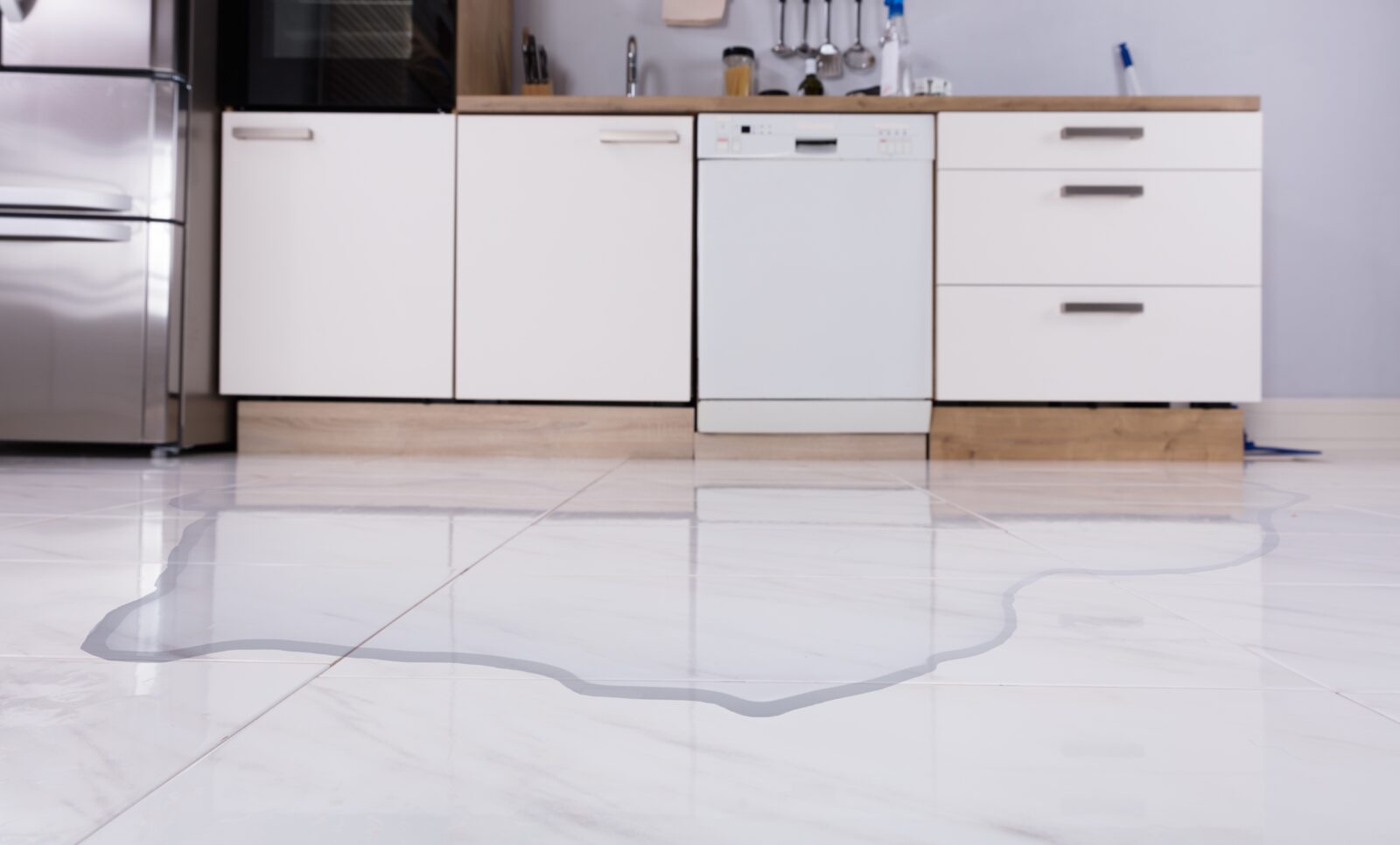The Defenses Landlords Can Raise Are Limited to the ORLTA
From the Desk of Melanie Rose:
When a landlord is being sued for an alleged uninhabitable condition, the Oregon Residential Landlord and Tenant Act (“ORLTA”) provides the landlord with a few statutory defenses to a tenant’s attempt to recover damages for injuries resulting from the alleged condition. These statutory defenses include failure of the tenant to give proper notice of the condition; failure of the tenant to mitigate damages; and/or someone other than the landlord caused the allegedly uninhabitable condition. Comparative-fault on the part of the plaintiff is generally available to defendants in Oregon in common-law negligence actions and tort actions, but can a landlord raise comparative-fault as an affirmative defense to an ORLTA claim?
Claims Pointer:
The Oregon Court of Appeals examined that very question in a recent opinion. After a lengthy analysis of the text and the legislative history of the ORLTA, the Court’s found that a landlord cannot offer a plaintiff’s comparative fault as a defense against ORTLA claims.
Thomas v. Dillon Family Limited Partnership II, 319 Or App 429 (2022).
Facts:
Plaintiff (“Tenant”) leased an apartment unit owned and managed by Defendants (“Landlord”). At some point, the refrigerator began to leak and create puddles in the apartment unit. Landlord undisputedly became aware of the leak on July 22, 2017, conducted a visual inspection, and began making arrangements for repairs. The parties disagreed over the extent to which Landlord made Tenant aware of the anticipated repair schedule. On the evening of July 23, Tenant was walking through her apartment in the dark when she slipped and fell on a puddle of water and suffered injuries.
Tenant filed a lawsuit against Landlord alleging that they had failed to maintain the premises in a habitable condition as required by ORLTA. In response, Landlord asserted comparative-fault as an affirmative defense, contending that Tenant’s injuries were caused by Tenant’s own negligence for trying to navigate her apartment in the dark, knowing that the leak existed and was creating puddles on the floor. The trial court struck Landlord’s comparative-fault defense. In addition, the trial court granted Tenant’s motion in limine to preclude Landlord from offering evidence or arguments concerning Tenant’s fault or negligence. Finally, Landlord requested the uniform civil jury instruction on comparative fault, but the court refused to give the instruction. The court instead instructed the jury that they were not to consider whether the Tenant was at fault or negligent with regard to her fall. Ultimately, the jury found for Tenant, agreeing that the leaking refrigerator created an uninhabitable condition on the premises and awarded her economic and non-economic damages. Landlord appealed and assigned error to each of the trial court’s rulings.
Law:
The ORLTA statute reads: “Except as provided in this chapter, the tenant may recover damages and obtain injunctive relief for any noncompliance by the landlord with the rental agreement or ORS 90.320 or 90.730.” Further, the statute states that a tenant cannot recover damages if the landlord did not know or reasonably should have known of the condition that constituted noncompliance and that the tenant failed to give notice to the landlord, or the condition was caused after the tenancy began by a deliberate or negligent act of someone other than the landlord. ORS 90.360(2)(a)&(b). In other words, ORLTA provides tenants the right to damages for a landlord’s noncompliance with the habitability requirements set out in the statute and limits the defenses a landlord can raise in response to the specific circumstances enumerated— lack of notice to the landlord or the act of a third-party.
In addition to the exculpatory defenses set out in the ORLTA, the statute also requires that the damages incurred be reasonable under the circumstances: ORS 90.125(1) provides another limitation on a tenant’s ability to recover damages if they fail to mitigate damages— “[t]he remedies provided by this chapter shall be so administered that an aggrieved party may recover appropriate damages. The aggrieved party has a duty to mitigate damages.”
Analysis:
The Oregon Court of Appeals started their analysis by looking at the text of the ORLTA statute and relied heavily on the fact that the statute provides that “[e]xcept as provided in this chapter”, the tenant can recover damages from the landlord’s noncompliance. (Emphasis added). Thus, the court held that any limitations on a claimant’s recovery of damages must be found in ORS chapter 90 (“ORLTA”) and that general common law defenses are not available unless expressly allowed under the statute.
The ORLTA contains several express defenses and limitations on the recovery of damages. However, none of those express defenses allow for a reduction in a claimant’s recovery for their comparative-fault. The Court of Appeals pointed out that a claimant’s recovery under ORLTA is barred when the landlord did not know nor reasonably could have known of the noncomplying condition, and: (a) the tenant failed to give notice to the landlord; or (b) the condition was caused during the tenancy by the deliberate or negligent acts of someone other than the landlord. These defenses that can be raised by the landlord are specific and express and neither call for an assessment of comparative-fault on the part of the claimant.
The Court of Appeals also examined the fact that the statute does expressly require the tenant to mitigate their damages from the allegedly uninhabitable condition. The Court reasoned that while the duty of mitigation may be a potential defense raised by the landlord, it is not the same as a comparative-fault defense. The duty to mitigate damages is a specific duty of a claimant to limit damages they have suffered once an incident has occurred. By contrast, a comparative-fault defense compares the relevant fault of the parties in causing the event that led to the damages.
In sum, the Court of Appeals found that the text, context, and legislative history of ORS 90.360(2) support its holding that the ORLTA does not provide a landlord with the right to raise a comparative-fault defense in response to a plaintiff’s claim that an uninhabitable condition caused the plaintiff damages—even in situations where the defense would be allowed under a common law negligence theory of liability for the same harm (e.g. a slip and fall claim outside of the ORTLA context).
The Big Picture:
Landlords are limited to only the express defenses enumerated in the ORLTA statute. Affirmative defenses at common law, like the comparative-fault, are not viable because they are not enumerated in the statute. Accordingly, it is important to understand the express defenses that ORLTA provides, and that without the ability to argue comparative fault, exposure in an ORTLA matter should not be evaluated as akin to a similar claim at common law

















